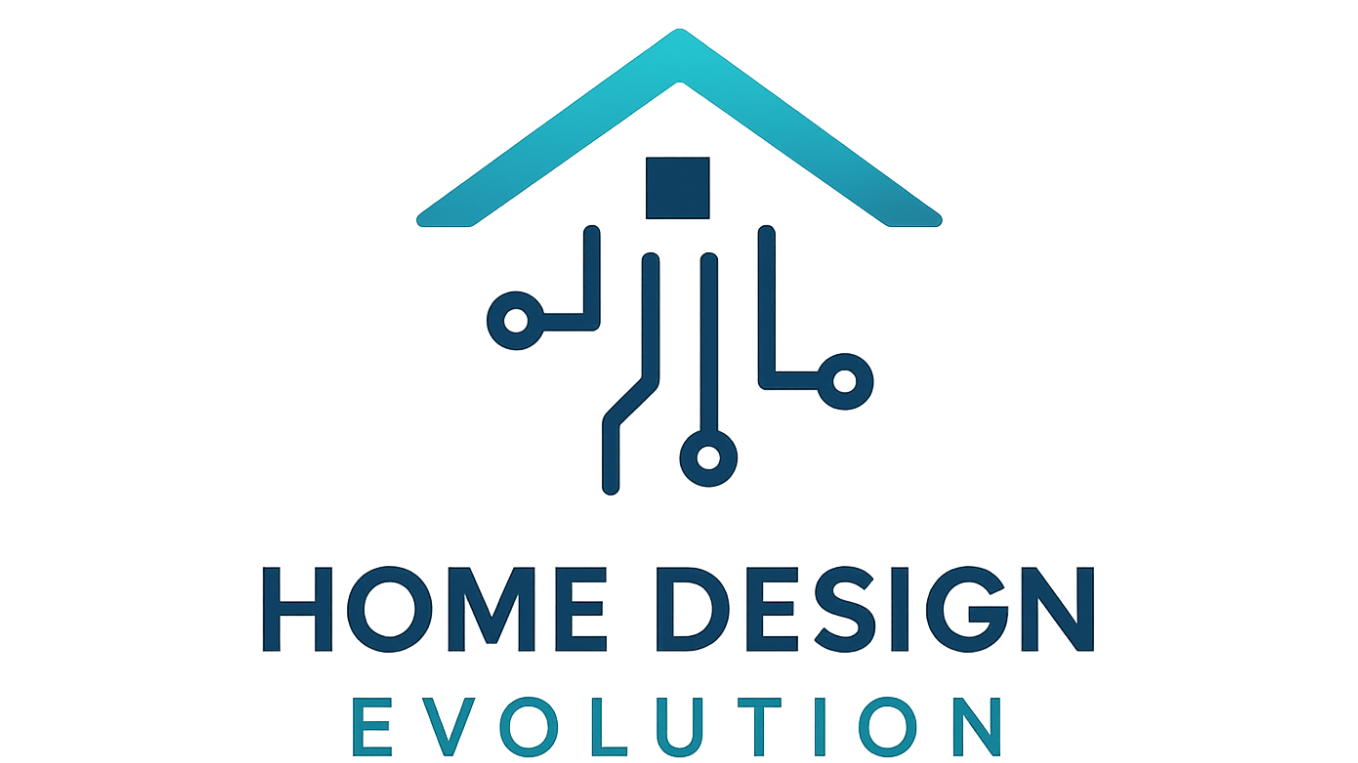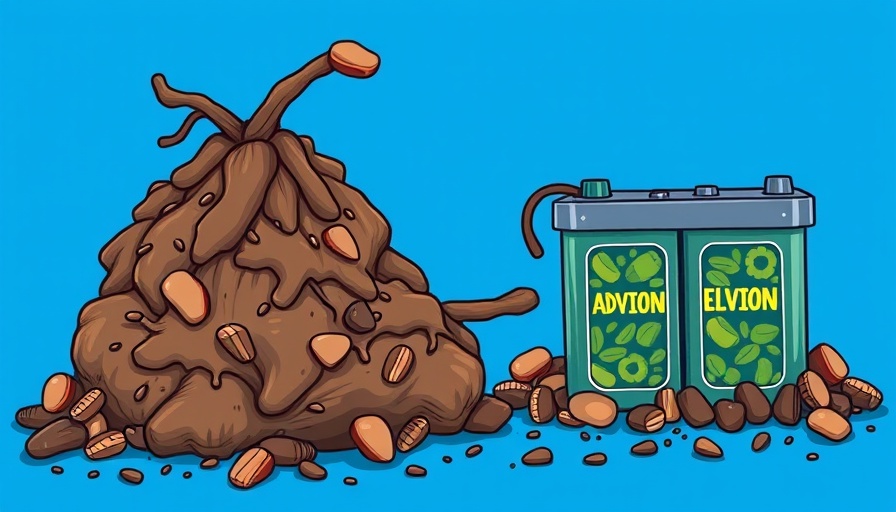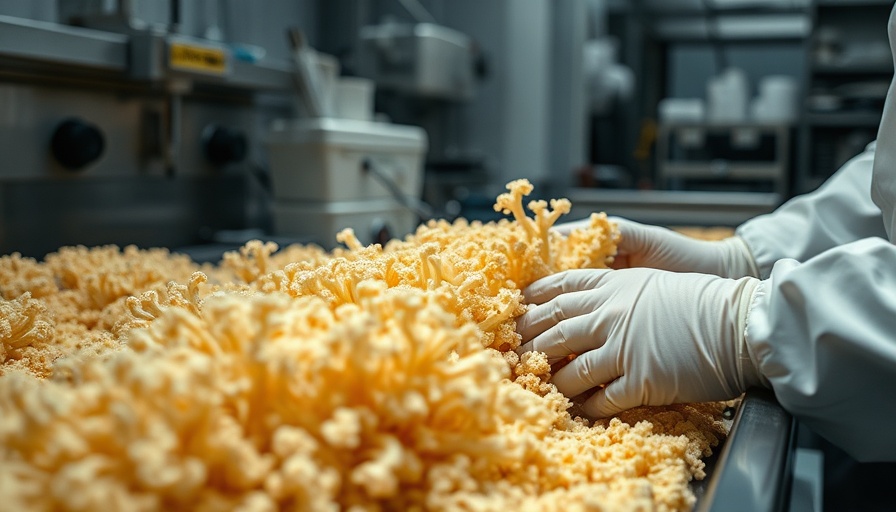
Unlocking the Power of Dung-gineering
In the video Dung-gineering, we explore an innovative approach to waste management that transforms animal manure into a valuable resource, showcasing how technology meets sustainability. This engaging concept isn't just a fascinating idea; it’s also a practical solution for environmentally conscious homeowners who are interested in merging technology with eco-friendly practices.
In Dung-gineering, we see an inspiring approach to waste management, which sparked deeper analysis on the potential benefits of integrating such solutions into modern homes.
Historical Context and Background
The idea of converting waste into usable energy has roots that stretch back centuries. Traditionally, farmers utilized manure for fertilizing crops, but innovations in technology have taken this centuries-old practice to new heights. Today, advanced techniques like anaerobic digestion are paving the way for farming communities to produce renewable energy and promote sustainable living.
Practical Insights: How Dung-gineering Works
Dung-gineering uses a process where microorganisms break down organic matter—like animal waste—in a controlled environment. This anaerobic digestion results in biogas, a clean energy source, and digestate, a nutrient-rich byproduct that can enhance soil health. Homeowners can implement small-scale biogas systems in their backyards, turning their waste into energy that can power home heating, cook meals, or even fuel small generators. The efficiency of such systems not only decreases dependency on fossil fuels but also reduces greenhouse gas emissions from landfills.
The Social Connection: Why This Matters
In an era where the effects of climate change are becoming increasingly evident, every little effort to reduce our carbon footprint counts. Dung-gineering exemplifies a local solution that can contribute to a global challenge. By integrating waste-to-energy technologies into household management, homeowners can play a vital role in combating climate change while also inspiring their communities to embrace sustainable practices.
Unique Benefits of Knowing About Dung-gineering
One of the most significant advantages of dung-gineering is the dual benefit it provides: waste management and energy production. Homeowners not only reduce waste but also create energy that can help lower utility costs. As understanding of these systems spreads, more people can adopt these eco-friendly practices, leading to cleaner neighborhoods and a healthier planet.
Future Predictions: Where Dung-gineering is Headed
The future of dung-gineering looks bright as technology advances and the demand for sustainable practices increases. Innovations in smart technology are set to revolutionize control and efficiency in these systems, making them more accessible and easier to implement. As awareness grows, we may see a revolutionary shift where not only rural communities adopt dung-gineering but also urban settings look for ingenious ways to utilize organic waste effectively.
Decisions You Can Make With This Information
When considering renovations or upgrades to your home, think about integrating waste-to-energy systems like biogas digesters. Aside from the affordability and environmental impact, choosing such upgrades can enhance your property value and inspire others in the community to follow suit. By actively participating in sustainable practices, you’re leading the charge toward a greener future.
Actionable Insights: Implementing Dung-gineering Practices
For homeowners looking to implement dung-gineering, the first step is research. Identify any existing waste management solutions in your region, as they can provide valuable insights and expertise. Consult with experts on choosing the right biogas technology suited for your home's needs, or explore DIY solutions if you're up for a project. The most critical part is starting small, ensuring you understand the system before scaling.
If you’re interested in sustainable living and cutting-edge solutions like dung-gineering, explore what technologies are available in your area—there's no better time than the present to contribute to a healthier planet!
 Add Row
Add Row  Add
Add 



 Add Row
Add Row  Add
Add 


Write A Comment